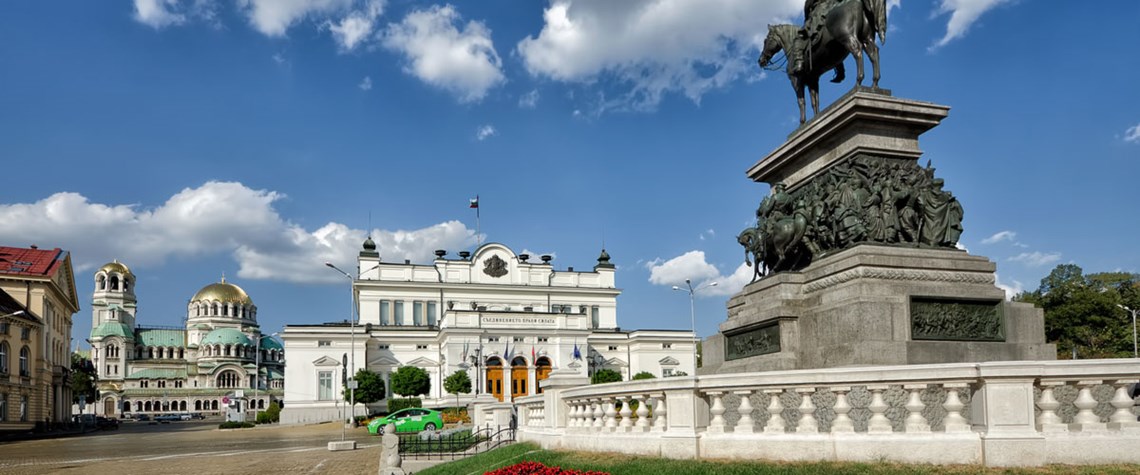Letter from Eastern Europe: Bulgaria attempts Russian pivot
On the front line of potential weaponisation of Russian energy, the poorest and arguably most corrupt EU member state is heavily dependent but not without diversification options
EU and Nato member Bulgaria faces a challenge as Europe attempts to wean itself off Russian gas while also facing the potential risk of the Putin regime cutting off supply to those opposing its Ukrainian adventurism. The country imports about 90pc of its gas and most of its other energy resources from Russia, yet it can, in fact, diversify relatively easily. Bulgaria’s energy problems are to some extent self-inflicted—as the recently elected pro-Western government is quick to point out. Solutions will involve not just connecting to nearby pipelines and securing the right contracts, but also rooting out institutional dysfunction and healing political rifts. In response to steep financial sanc

Also in this section
18 February 2026
With Texas LNG approaching financial close, Alaska LNG advancing towards a phased buildout and Magnolia LNG positioned for future optionality, Glenfarne CEO Brendan Duval says the coming year will demonstrate how the company’s more focused, owner-operator approach is reshaping LNG infrastructure development in the North America
18 February 2026
The global gas industry is no longer on the backfoot, hesitantly justifying the value of its product, but has greater confidence in gas remaining a core part of the global energy mix for decades
18 February 2026
With marketable supply unlikely to grow significantly and limited scope for pipeline imports, Brazil is expected to continue relying on LNG to cover supply shortfalls, Ieda Gomes, senior adviser of Brazilian thinktank FGV Energia,
tells Petroleum Economist
17 February 2026
The 25th WPC Energy Congress, taking place in Riyadh, Saudi Arabia from 26–30 April 2026, will bring together leaders from the political, industrial, financial and technology sectors under the unifying theme “Pathways to an Energy Future for All”







